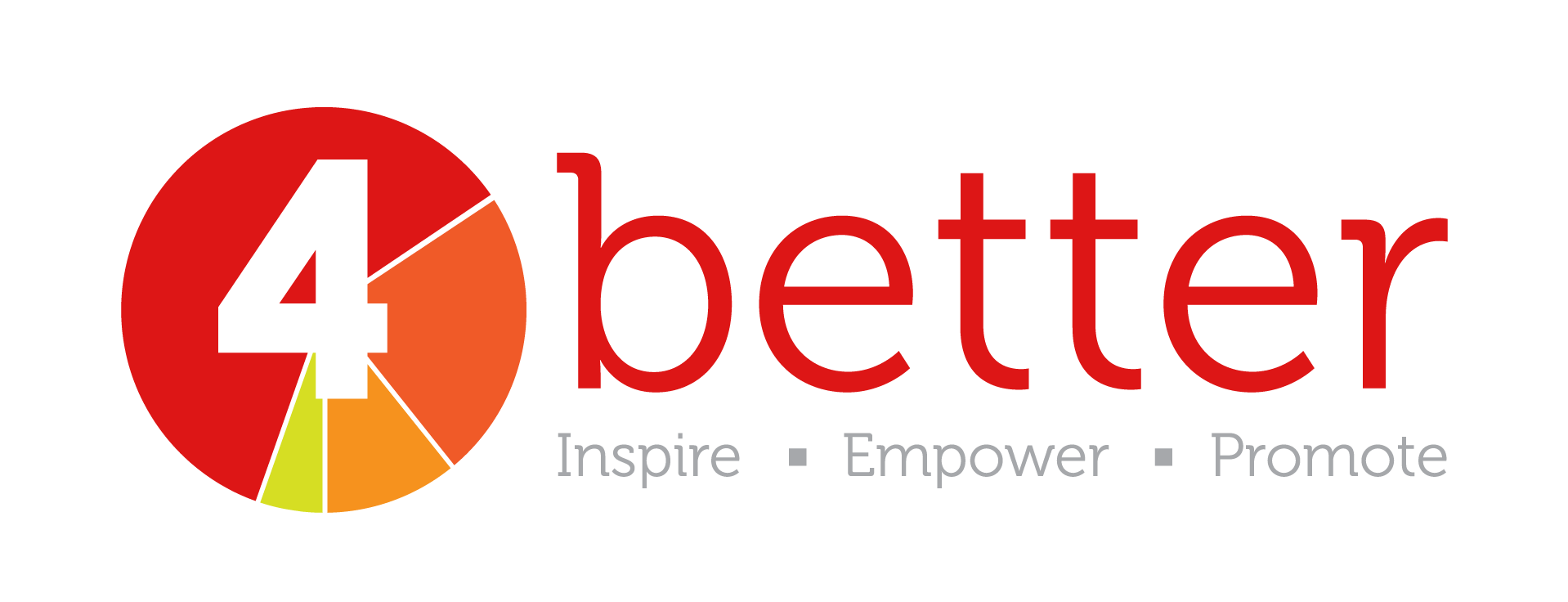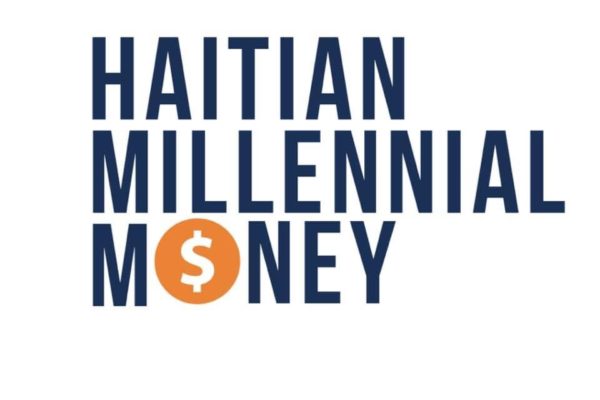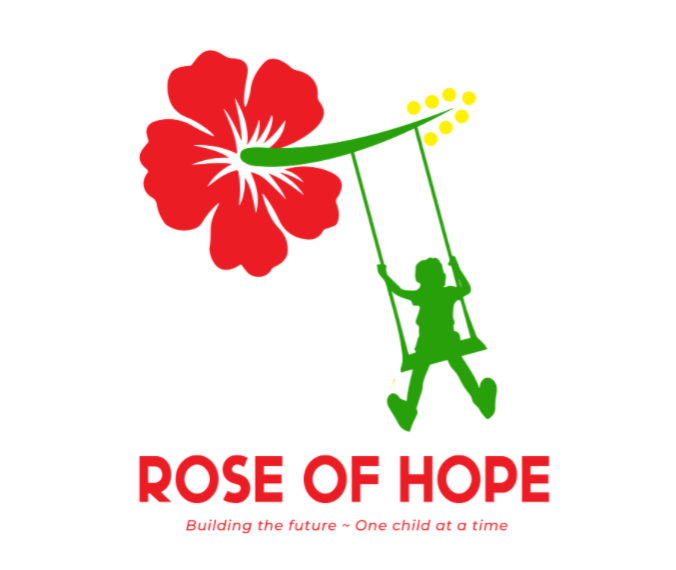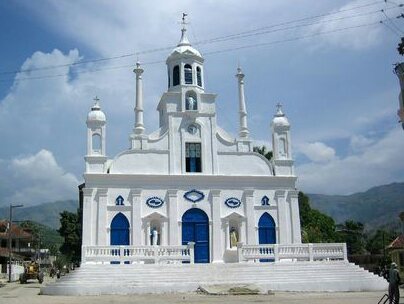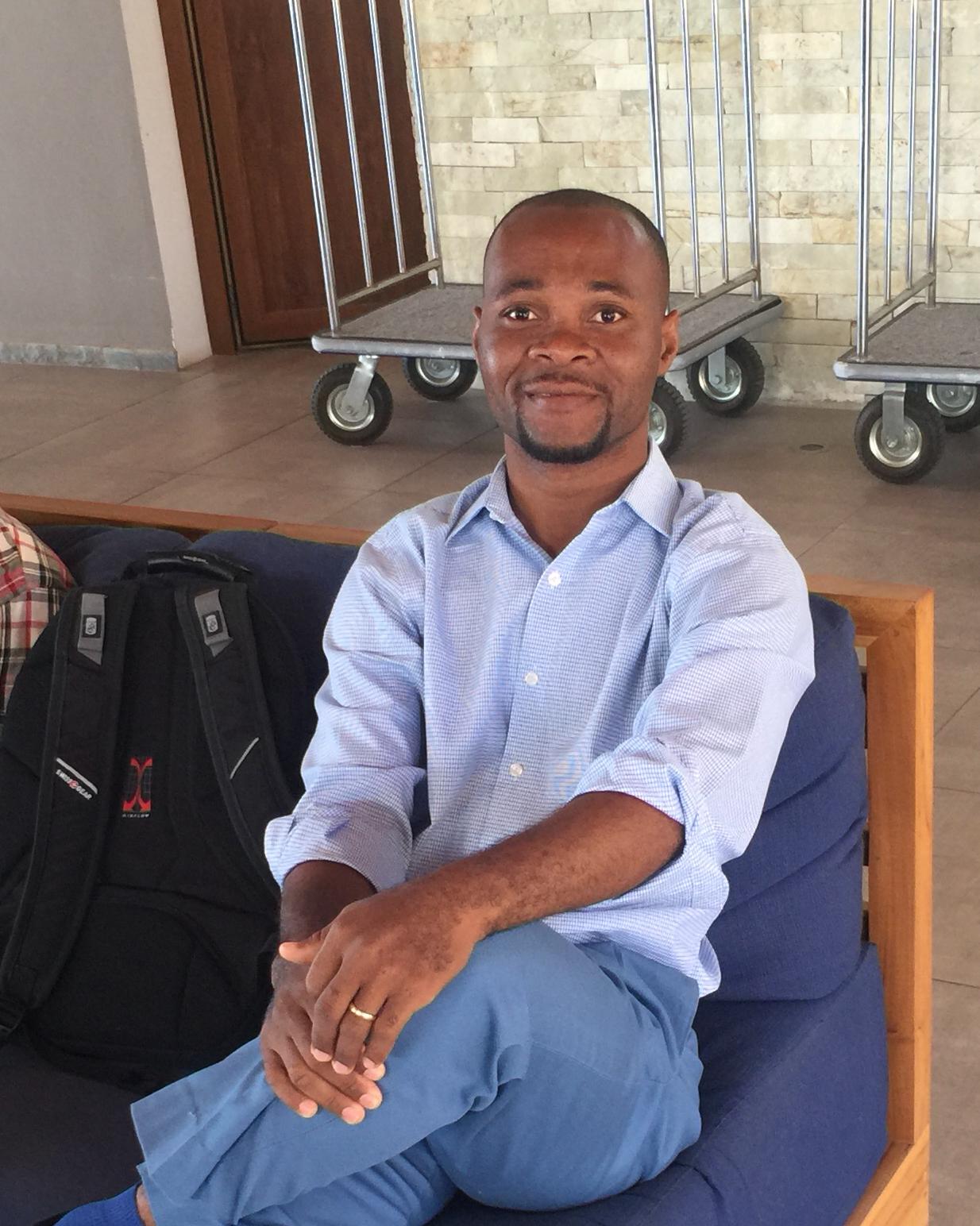
What Is The Future Of #Trashchallenge In Cap-Haitien?
A new challenge is trending on the web. Challengers from everywhere are invading social media with their photos where a littered space has an entirely new image after volunteers have cleaned it up. The advantage of the challenge is the positive impact it has on the environment; the pride of the volunteers who share their pictures; and the encouragement of Internet users who make the photos go viral.
As authentic children of the 21st century, well-connected with technology and eco-conscious citizens; we thought we should launch such a challenge for Cap-Haïtien, (#TrashChallenge). When I posted the idea on Facebook, volunteers’ comments began to flood. Volunteers came by dozens in my personal box and under the post.
The Idea
From then on, I started thinking about planning. Ms. Gabrielle Vincent volunteered to be part of the team and to provide financial support. Angie Bell of Poubèl Ayiti said she was on board. Ejymson Valmir of Cap Vert Haiti offered his assistance along with his team and would seek partnerships with the Environmental Department of Roi Henry Christophe University in Cap-Haitien. As for Chantal Laroche, she rejoiced over the phone when she heard of the news. She made a commitment to sensitize business owners at the airport and hotels to pay the people who would do the maintenance, so the spots remain sparkling when we have cleaned them.
So, the idea was to first clean an area near the National Highway No. 6, southeast of the Cap-Haitien airport. We thought that once finished; the same action could be replicated in other parts of the city. However, we refused from the start to clean an area just once and allow it to become dirty again. We, then, planned to team up with the City Hall and the National Airport Authorities, primarily to ensure maintenance.
A draft of the project was already written. We called it OKAP BÈL. There was a French and English version to allow diverse participants to understand our objectives and vision. We chose a date and time, which would be April 21, 2019 at 10AM. A board was already into place ready to get work done. We had prominent sponsors on board as well as youth organizations including CAEC (Citizenship Education Support Center), Cap Vert Haiti, Centre Impact, Rotaract, FECIS, etc. A chronogram of activities was established. A budget was being conceived. And this fourth week of March would be dedicated to meeting with new partners to finalize the project and to agree on a final strategy.
The Government
Yet, before we were able to meet with any partner, we had to go meet with the City Hall authorities. The meeting was arranged through the support of a friend. Mayor Yvrose Pierre greeted me in her office eagerly. Cheerful. Anxious. Concerned. Especially concerned. She listened to the idea with a serious face. She went straight ahead – it felt like a cold shower – the City Hall has no equipment or sanitary trucks to collect the garbage. Therefore, they could not guarantee the maintenance of a clean city. We were left with the option of to continue the cleaning project in one day, but the same area would get dirty right away after the cleaning since the city would not be able to maintain such valuable public service. Besides, that’s exactly what we wanted to avoid in the first place.
According to the Mayor, the government gave three heavy-duty trucks; but two of them broke down. The one that works goes on and off anyways, she says. In the current budget; there is no money for garbage collection because we relied on the trucks given by the government and yet the majority of equipment has the same problem throughout the country; she argues. With limited funds available to the City Hall, they are obligated to hire companies for garbage collection —which cost, according to the mayor, millions of gourdes.
The New Challenge
Consequently, I was moved to write this article, not to clear the responsibility of the team, but to seek for innovative solutions and ideas for TRASH MAINTENANCE IN HAITI after the #TrashChallenge. Of course, new planning will be necessary. Now the question is HOW TO MAINTAIN A CLEAN CITY IN HAITI – without the help of the City Hall – after having cleaned it. Sounds like a whole new challenge. No?

